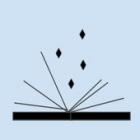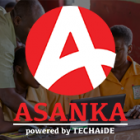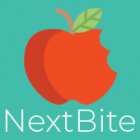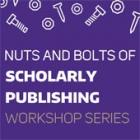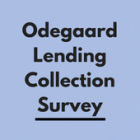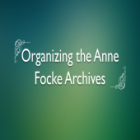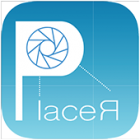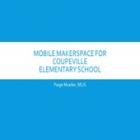
Mobile Makerspace for CES
With the need for teachers to focus on the common core there isn’t enough time in the day to plan multiple lessons to put these concepts into a real world context. In order to provide educator support I conducted teacher surveys to identify areas of STEAM curriculum where they need support. As a result I’ve created a Mobile Makerspace for Coupeville Elementary School. This Mobile Makerspace includes 30-45 minute STEAM lessons and all the materials needed to turn any classroom into a makerspace. This Mobile Makerspace not only supports the teachers but most importantly, it benefits the students.

